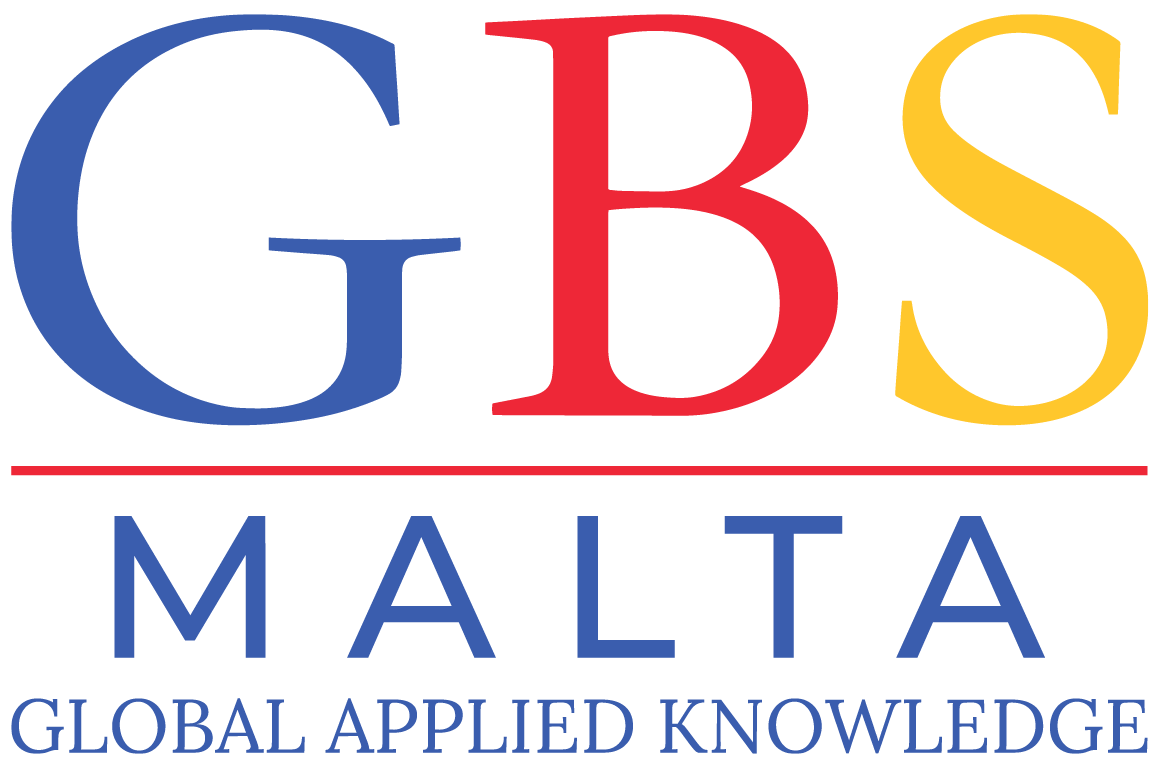Building real-world superpowers for future professionals
GBS Malta does not just focus on theoretical knowledge. The BSc (Hons) Health, Social Care and Wellbeing curriculum is designed to build the 'superpowers' that the next generation of health and social care professionals truly need.
This is a practical, evidence-based approach to education that prepares you for real-world scenarios. It is a complete health and social care programme in Malta that combines academic rigour with hands-on learning.
Developing empathy and compassionate care
The foundation of quality care is a person-centred approach. That is why the curriculum dedicates time to modules like 'Care, compassion and wellbeing in health and social care', which focus on building trust and understanding.
It is about more than just checking boxes; it is about connecting with people on a human level.
- Courses like 'Care, compassion and wellbeing in health and social care' flip the script.
- You will use person-centred approaches to build trust from day one.
- Modules encourage thinking about diverse groups – children, elderly and everyone in-between.
- Learn to spot emotional needs, communicate kindly, and make every interaction count.
Sharpening critical thinking and evidence-based practice
Today's care settings are complex, and the best solutions come from data, not guesswork. This is why the health and social care programme in Malta places a strong emphasis on critical thinking and research.
Modules such as 'Introduction to research and evidence in health and social care' and 'Evaluating research in health and social care' train you to analyse complex issues and make informed decisions, which is what the best health and social care professionals do.
- 'Introduction to research and evidence in health and social care' sets the foundation.
- Evaluate research quality. Do not just read studies, question them.
- It is not just about what works, but why it works.
- Think on your feet: navigating ethical choices and complex care environments.
Fostering leadership to drive change
The care sector needs people who can lead. A key part of the GBS Malta’s health and social care degree is the 'Leadership and management in health and social care' module.
This module prepares students to lead teams, manage resources, and transform care systems, making graduates capable of filling the projected worker gap and steering the industry toward a better future.
- 'Leadership and management in health and social care' is not theoretical.
- Real strategies for change management in care settings.
- Learn about your role as a future policy advisor or advocate.
- Prepare not just to join a workforce but to improve it.
Three-year curriculum with a practical edge
A solid health and social care degree needs a solid structure. The BSc (Hons) Health, Social Care and Wellbeing at GBS Malta is a three-year, full-time health and social care programme that balances rigorous academic study with practical, hands-on learning.
With a total of 900 contact hours, you are not just learning in a lecture hall – you are applying your knowledge to real-world problems. The course is a thoughtful progression, building your skills and knowledge layer by layer.
Our programme is approved under the Malta Get Qualified Scheme, which allows students to claim back up to 70% of their tuition fees as tax credits after graduation. This government-backed initiative applies to programmes recognised at MQF Level 3 or higher.
To be eligible for the refund, graduates must live and work in Malta for at least two years following the completion of their studies. This makes higher education in Malta both more affordable and financially rewarding.
Year-on-year breakdown
The programme is divided into three levels, each building on the last to create a comprehensive understanding of the field.
| Year |
MQF Level |
Key Modules |
Focus Areas |
| 1 |
5 |
Introduction to health and social care, biological determinants of health |
Foundational concepts, ethics, and lifespan health. |
| 2 |
5 |
Equality in health, mental ill health, and mental health |
Policies, safeguarding, and addressing vulnerabilities. |
| 3 |
6 |
Leadership in health, final year project/dissertation |
Advanced quality management and independent research. |
Practical elements and accreditation
Beyond the modules, GBS Malta’s health and social care degree focuses on practical assessments like essays, portfolios, and presentations. The final dissertation gives you the chance to dive deep into a topic of your choice.
The degree is MFHEA accredited, which is a powerful signal of its quality and credibility, both in Malta and across Europe.
Career prospects for health and social care professionals
Finishing opens wide doors – think roles where you touch lives daily. With the crunch on, demand soars for skilled hands in nursing or policy positions. GBS Malta graduates fit right in, using empathy and technology to fill voids.
The GBS Malta’s health and social care degree links skills to jobs like these, prepping you for the 4.1 million vacancies ahead.
Diverse roles for empowered graduates
The GBS Malta health and social care degree launches graduates in many directions. Take your skills where they are needed most.
| Role type |
How the programme prepares you |
| Nursing/Elderly care |
Respond to workforce crisis and ageing needs |
| Social work |
Address mental health, champion equity |
| Policy/Advocacy |
Shape health systems at local and national level |
Health and social care professionals are already in short supply. Your degree puts you front and centre to close the EU’s projected 1.8 million worker gap by 2030.
Join the movement to transform health and social care

GBS Malta is more than an educational institution; it is a launchpad for a new generation of health and social care professionals ready to tackle Europe's challenges.
You have seen how the BSc (Hons) Health, Social Care and Wellbeing programme blends practical skills with a modern, technology-focused curriculum.
The world needs people who can bring compassion and intelligence to the care sector. This health and social care programme in Malta is a direct response to a very real need. It provides the perfect blend of theory and practice for a fulfilling career.
Step forward as a GBS Malta health and social care professional – with the confidence, compassion and tools that no one else has to offer.
Europe's setup calls for action – will you answer?
Apply Now.




